ВFANGKUAI-г СОНГО?
Zhengzhou Fangkuai Boiler Sales Co., Ltd. нь Fangkuai Boiler компанийн охин компани юм, mainly
responsible for the domestic and foreign trade of Fangkuai Boiler.Fangkuai Headquarters Base
has a single-building R&D center, бүрэн ажиллах нөхцөл бүхий лаборатори, хоёр үйлдвэрлэл
ургамал, 120,000 хавтгай дөрвөлжин метр үйлдвэрлэлийн талбайтай. Тэргүүлэгч аж ахуйн нэгж юм
Уурын зуухны автоматжуулалт боловсруулах чадвартай Хятад, бүтээгдэхүүнээ олон улсад экспортолж байна
улс орон, бүс нутаг.





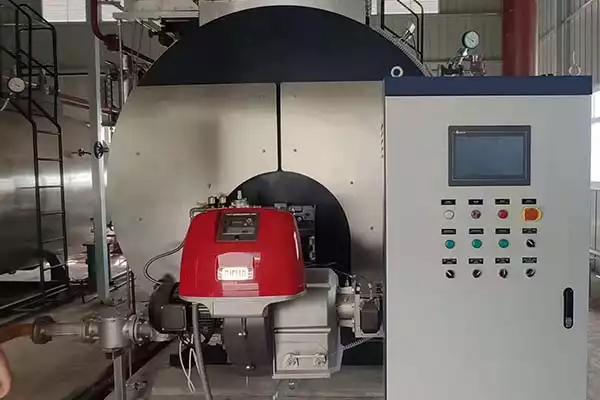
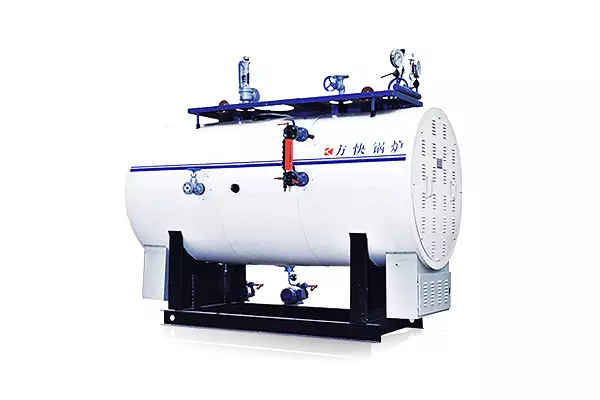
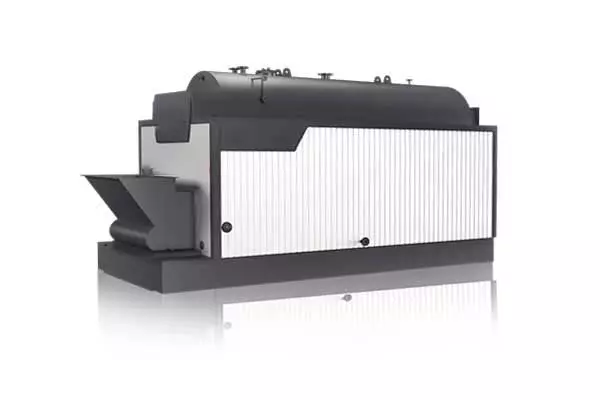
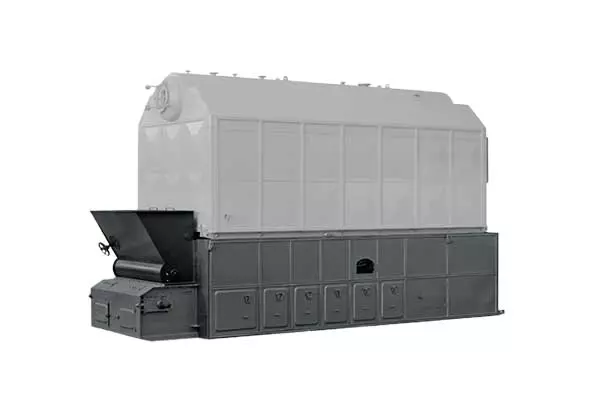
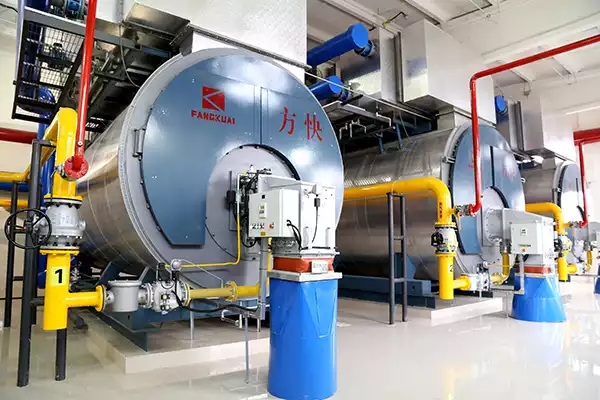
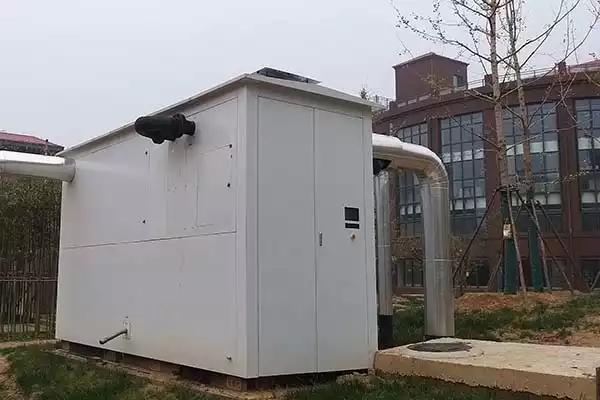
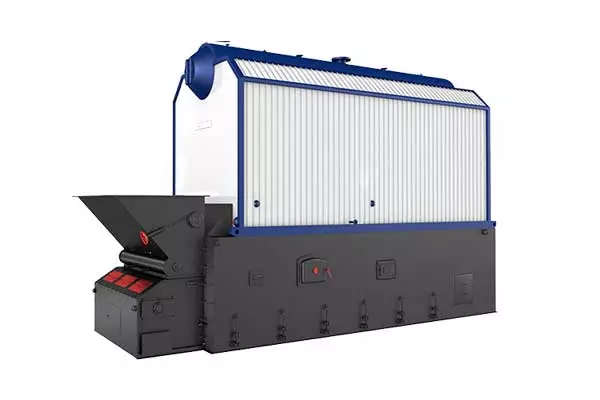
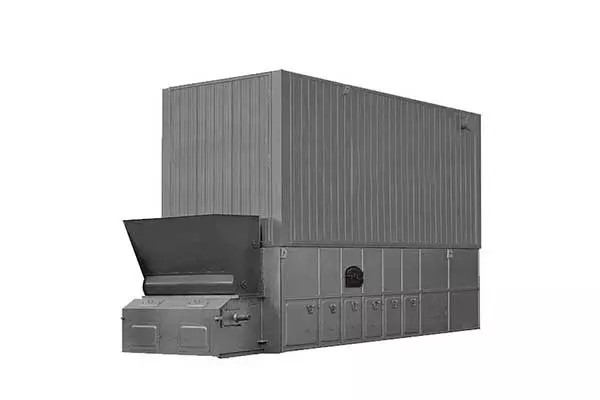
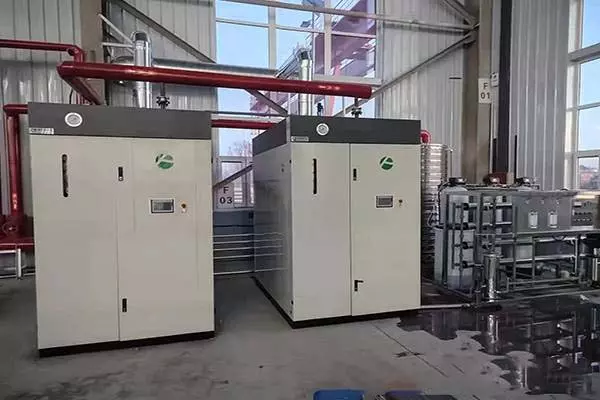
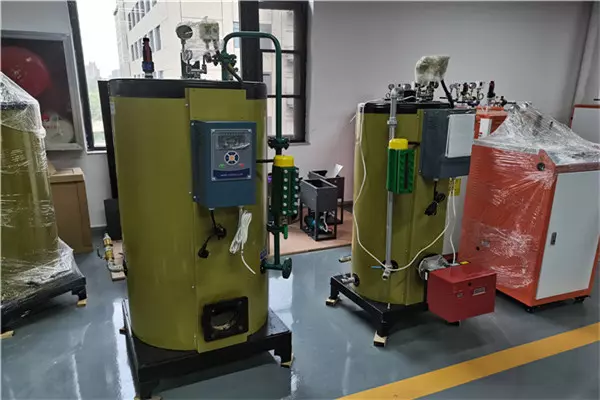
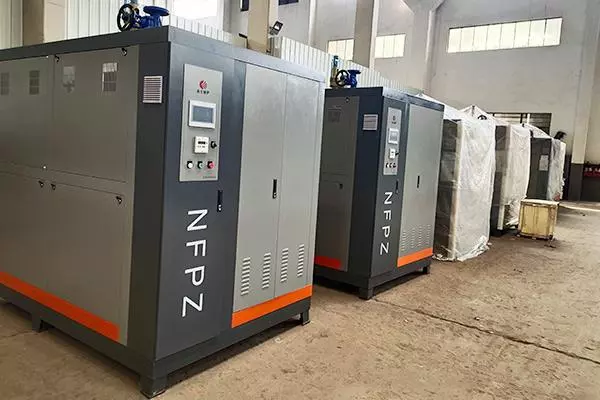
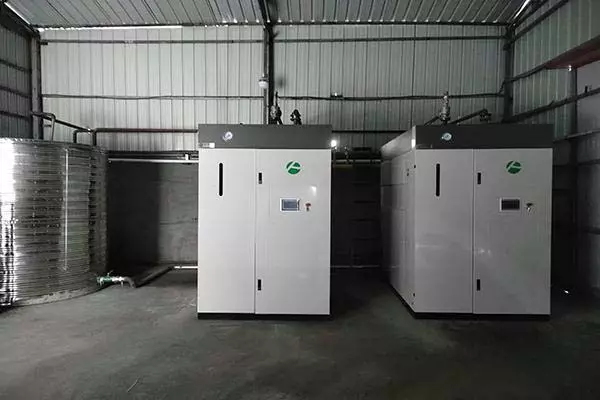
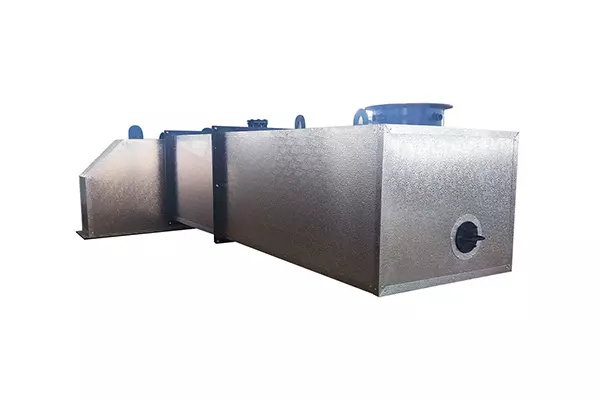
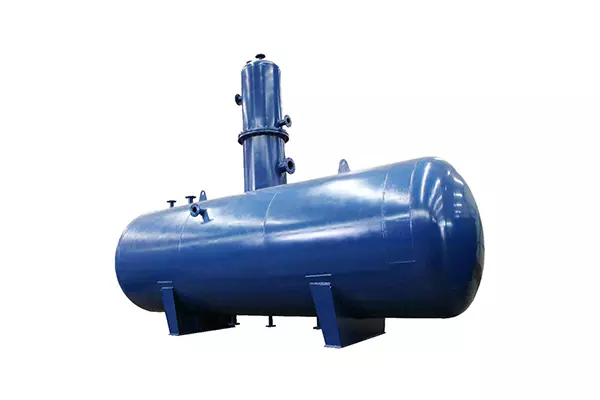
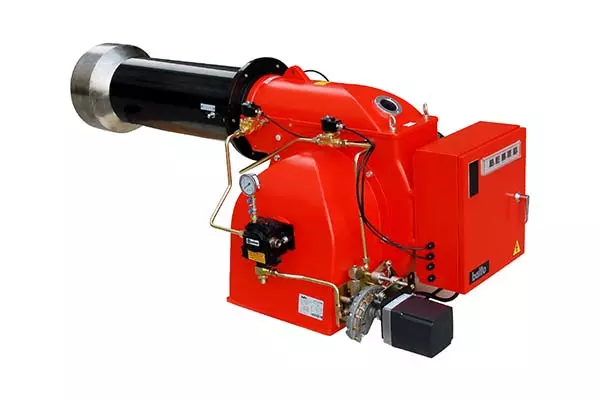
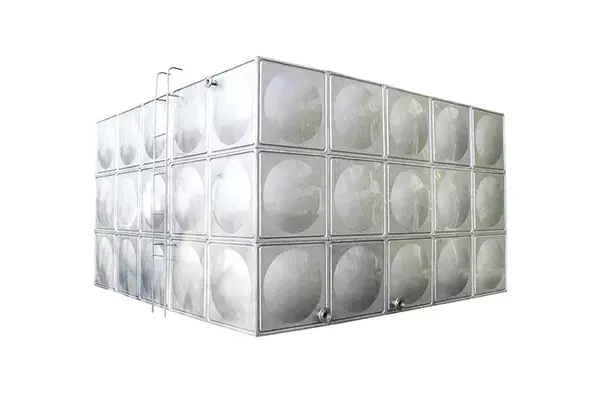
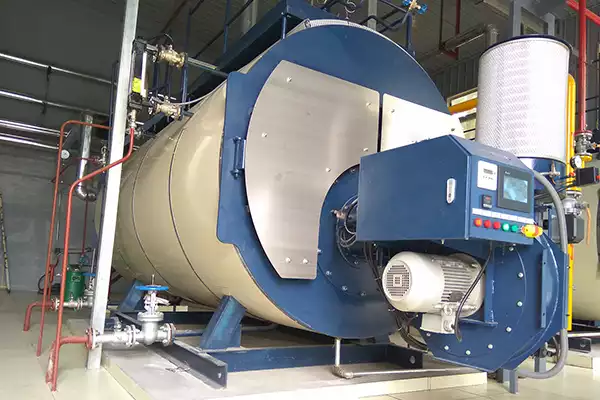
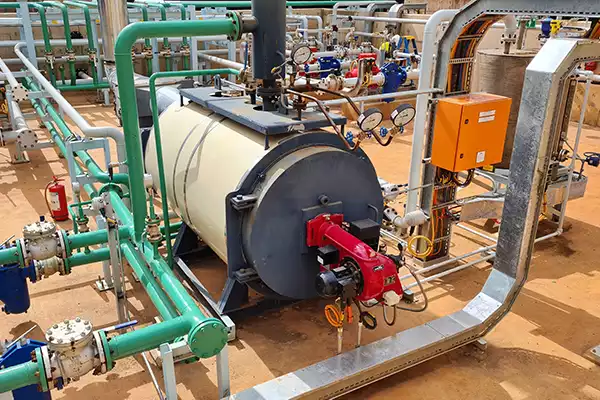
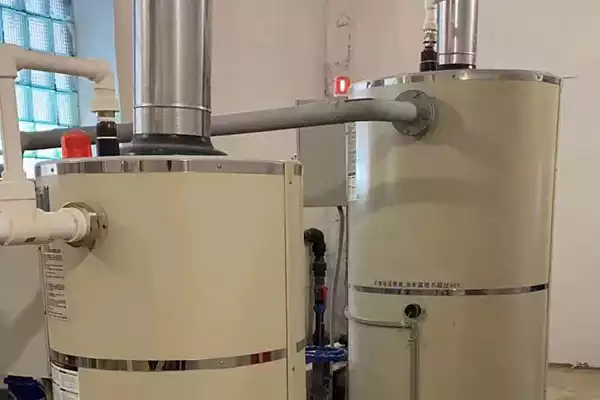
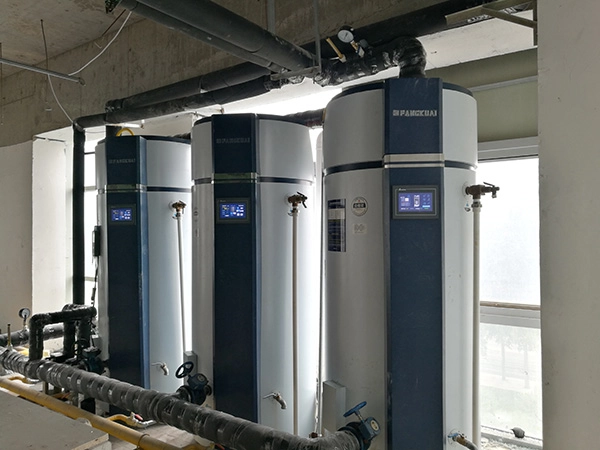
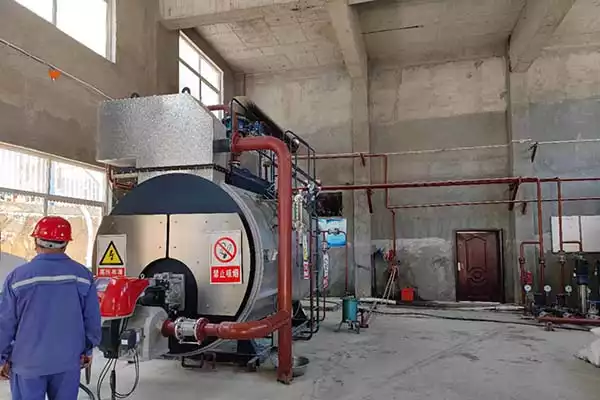
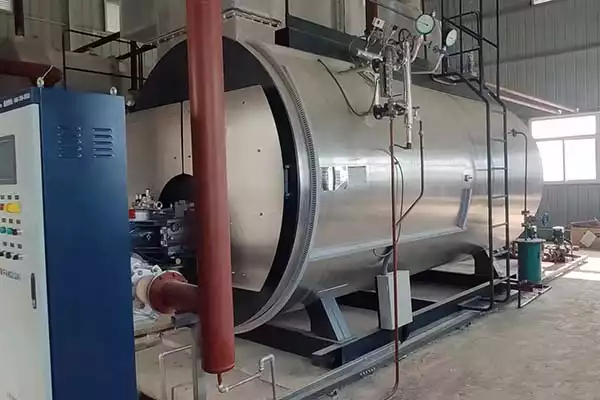
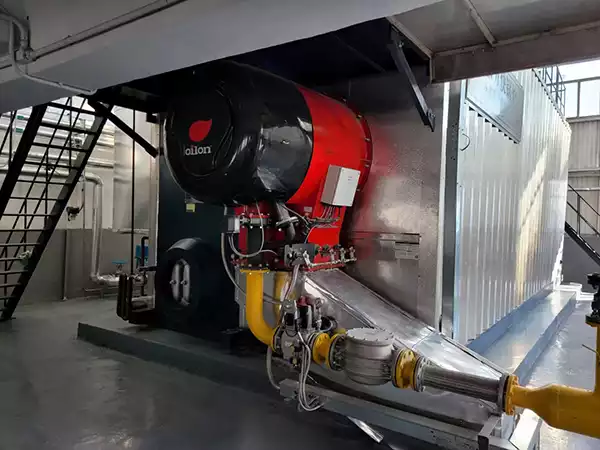
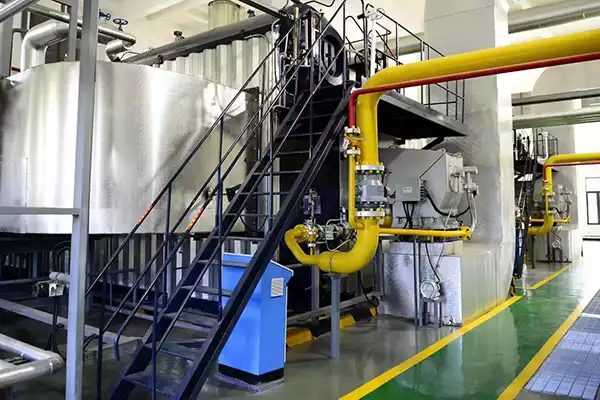





Вiew Манай үйлчлүүлэгчийн сэтгэгдэл
"Би үйлдвэртээ Fangkuai уурын зуух худалдаж авсан бөгөөд энэ нь хэдэн сарын турш өөгүй ажиллаж байна.. Материалын чанар, бойлерийн барилгын ажил нь гайхалтай. Энэ нь бас эрчим хүчний хэмнэлттэй, Энэ нь бидэнд эрчим хүчний төлбөрөө хэмнэхэд тусалсан. Би Fangkuai-ийн бүтээгдэхүүнийг найдвартай, үр ашигтай халаалтын шийдэл хэрэгтэй хүн бүрт зөвлөж байна."
Жон
АНУ"Fangkuai-ийн уурын генератор нь миний жижиг бизнест тохиромжтой. Энэ нь хэрэглэхэд маш хялбар бөгөөд хамгийн бага засвар үйлчилгээ шаарддаг. Энэ нь бас эрчим хүчний хэмнэлттэй, Энэ нь надад эрчим хүчний төлбөрөө хэмнэхэд тусалсан. Fangkuai дахь үйлчлүүлэгчийн үйлчилгээ ч маш сайн. Тэд маш их хариу үйлдэл үзүүлдэг бөгөөд үргэлж туслахад бэлэн байдаг. Би Fangkuai-ийн уурын генераторуудыг маш их санал болгож байна."
Ахмед
Египет"Fangkuai-ийн уурын генераторууд маш сайн. Тэдгээрийг ашиглахад маш хялбар бөгөөд хамгийн бага засвар үйлчилгээ шаарддаг. Fangkuai дахь харилцагчийн үйлчилгээ нь бас онцгой юм. Тэд маш их хариу үйлдэл үзүүлдэг бөгөөд үргэлж туслахад бэлэн байдаг. Уурын генераторуудын эрчим хүчний үр ашиг нь бас гайхалтай юм, Энэ нь надад эрчим хүчний төлбөрөө хэмнэхэд тусалсан. Би Fangkuai-ийн уурын генераторуудыг маш их санал болгож байна."
Мария
Испани"Би үйлдвэртээ Fangkuai уурын зуух худалдаж авсан бөгөөд энэ нь хэдэн сарын турш өөгүй ажиллаж байна.. Материалын чанар, бойлерийн барилгын ажил нь гайхалтай. Энэ нь бас эрчим хүчний хэмнэлттэй, Энэ нь бидэнд эрчим хүчний төлбөрөө хэмнэхэд тусалсан. Би Fangkuai-ийн бүтээгдэхүүнийг найдвартай, үр ашигтай халаалтын шийдэл хэрэгтэй хүн бүрт зөвлөж байна."
Жон
АНУ"Fangkuai-ийн уурын генераторууд маш сайн. Тэдгээрийг ашиглахад маш хялбар бөгөөд хамгийн бага засвар үйлчилгээ шаарддаг. Fangkuai дахь харилцагчийн үйлчилгээ нь бас онцгой юм. Тэд маш их хариу үйлдэл үзүүлдэг бөгөөд үргэлж туслахад бэлэн байдаг. Уурын генераторуудын эрчим хүчний үр ашиг нь бас гайхалтай юм, Энэ нь надад эрчим хүчний төлбөрөө хэмнэхэд тусалсан. Би Fangkuai-ийн уурын генераторуудыг маш их санал болгож байна."
Мария
Испани"Fangkuai-ийн халуун усны бойлерийн чанар надад маш их сэтгэгдэл төрүүлсэн. Энэ нь удаан хугацаанд баригдсан бөгөөд миний хүлээлтээс давсан. Суулгах үйл явц нь маш жигд байсан бөгөөд хэрэглэгчийн үйлчилгээ маш сайн байсан. Халуун усны бойлерыг ажиллуулах, засвар үйлчилгээ хийхэд маш хялбар байдаг, мөн эрчим хүчний хэмнэлт нь гайхалтай юм. Би Fangkuai-ийн халуун усны бойлеруудыг санал болгож байна."
Жак
Австрали"Би үйлдвэртээ Fangkuai уурын зуух худалдаж авсан бөгөөд энэ нь хэдэн сарын турш өөгүй ажиллаж байна.. Материалын чанар, бойлерийн барилгын ажил нь гайхалтай. Энэ нь бас эрчим хүчний хэмнэлттэй, Энэ нь бидэнд эрчим хүчний төлбөрөө хэмнэхэд тусалсан. Би Fangkuai-ийн бүтээгдэхүүнийг найдвартай, үр ашигтай халаалтын шийдэл хэрэгтэй хүн бүрт зөвлөж байна."
Жон
АНУ"Fangkuai-ийн уурын генератор нь миний жижиг бизнест тохиромжтой. Энэ нь хэрэглэхэд маш хялбар бөгөөд хамгийн бага засвар үйлчилгээ шаарддаг. Энэ нь бас эрчим хүчний хэмнэлттэй, Энэ нь надад эрчим хүчний төлбөрөө хэмнэхэд тусалсан. Fangkuai дахь үйлчлүүлэгчийн үйлчилгээ ч маш сайн. Тэд маш их хариу үйлдэл үзүүлдэг бөгөөд үргэлж туслахад бэлэн байдаг. Би Fangkuai-ийн уурын генераторуудыг маш их санал болгож байна."
Ахмед
Египет"Fangkuai-ийн халуун усны бойлер гайхалтай юм. Энэ нь хурдан бөгөөд үр дүнтэй халдаг, мөн ус нь удаан хугацаанд халуун хэвээр байна. Бидэнд хэзээ ч асуудал гарч байгаагүй бөгөөд энэ нь бидний өдөр тутмын үйл ажиллагаанд мэдэгдэхүйц ахиц дэвшил авчирсан. Суулгах үйл явц нь маш жигд байсан бөгөөд хэрэглэгчийн үйлчилгээ маш сайн байсан. Би Fangkuai-ийн халуун усны бойлеруудыг санал болгож байна."
Сара
Канад